
EMISSIONS: The EPA proposes new rules that would charge oil and gas producers methane emissions fees starting at $900 per metric ton and rising to $1,500 by 2026. (The Hill)
ALSO: Advocates celebrate proposed U.S. EPA restrictions on pollution from waste-to-energy facilities but say they don’t go far enough to combat environmental justice concerns. (Inside Climate News)
CLIMATE:
CLEAN ENERGY:
GAS:
PIPELINES:
SOLAR: Xcel Energy’s plan to replace one of the country’s largest coal plants with solar on the same site is meant to minimize economic losses for the local Minnesota community. (Inside Climate News)
CLEANTECH: Massachusetts’ booming clean tech economy is expanding, and politicians, including the state’s governor, are looking at how to keep that growth in state. (Boston Globe)
WIND: A northern California port commits to using electricity instead of diesel to power a planned terminal that would serve the offshore wind industry. (JPR)
CARBON CAPTURE: California’s petroleum companies look to survive the transition from fossil fuels by establishing a carbon management industry that stores captured greenhouse gasses in depleted oil fields. (Los Angeles Times)
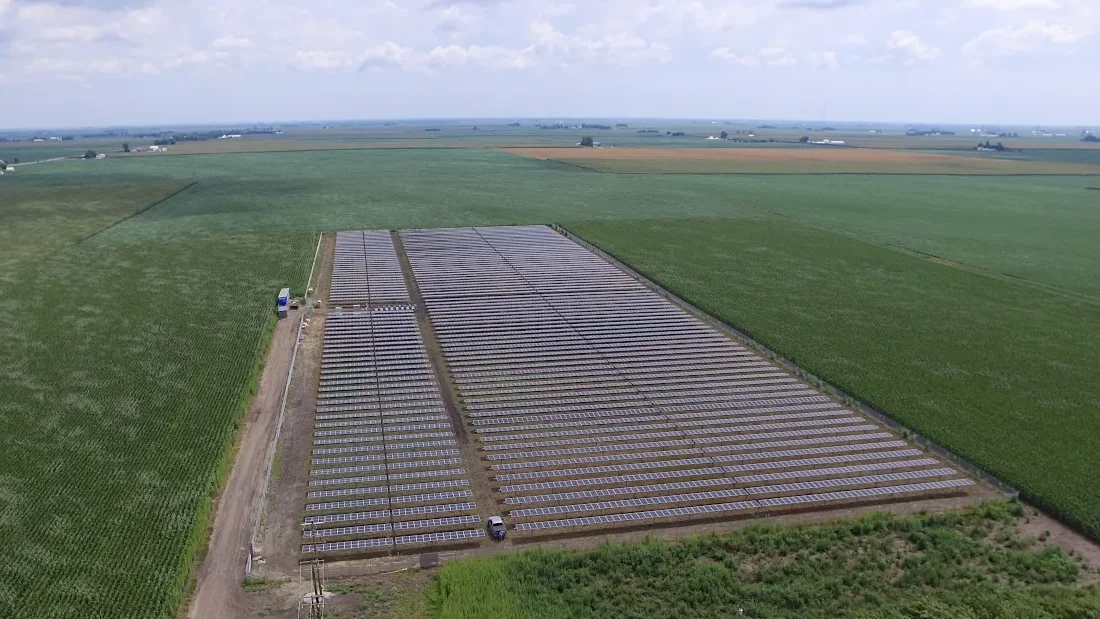
WORKFORCE: Renewable energy is boosting West Virginia with a series of new factories and projects, but the state is hampered by a low labor force participation rate and lack of policies supporting smaller community-scale projects. (Mountain State Spotlight)
GRID:
STORAGE: A Louisiana parish board votes to approve tax incentives for a chemical company to build a $491 million factory to make materials for electric vehicle batteries. (NOLA.com)
EFFICIENCY: Duke Energy introduces a North Carolina program to incentivize homeowners with high energy usage to add energy-efficient HVAC systems, insulation and other measures. (Raleigh News & Observer)
SOLAR:
CLIMATE:
PIPELINES: A North Carolina county board delays approval of a permit for Dominion Energy to use a property as an operational base to build a pipeline after residents raise concerns about safety and pollution. (Salisbury Post)
COAL: A federal judge orders a helicopter owned by West Virginia Gov. Jim Justice’s coal companies to be prepared for sale to satisfy a debt to a company for royalty payments for mined coal. (WV Metro News)
OIL & GAS: Wind carries a natural gas odor from an oil field into Austin, Texas, fueling concerns from residents. (KVUE)
UTILITIES:
COMMENTARY:
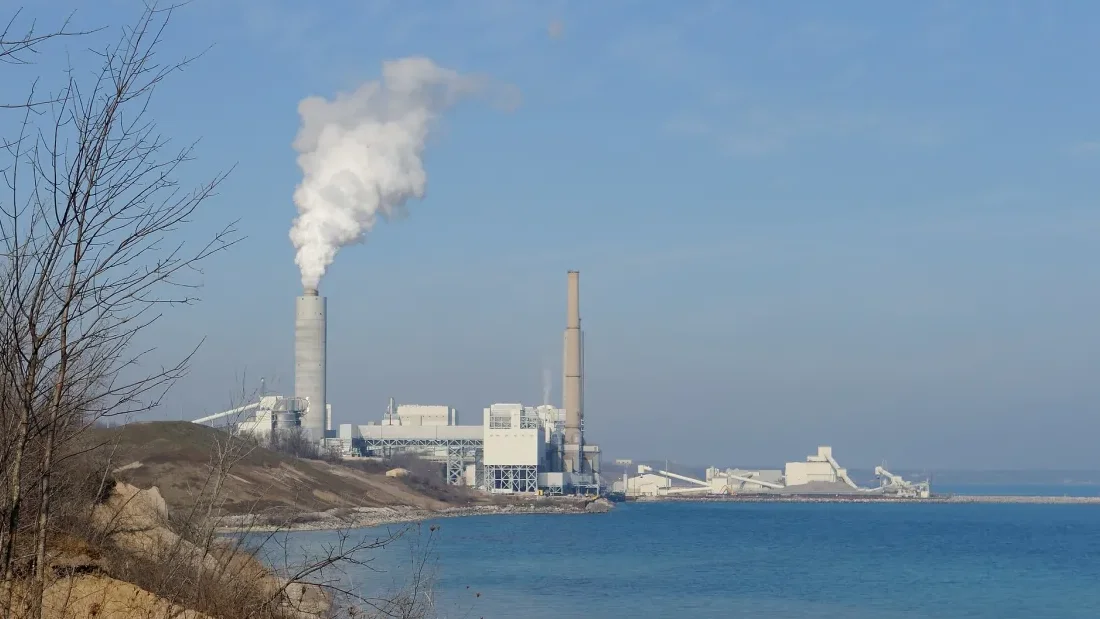
POWER PLANTS: South Dakota regulators ask Xcel Energy to reconsider closing two large Minnesota coal plants in the coming years based on concerns over whether there will be adequate power on the grid. (Utility Dive)
ALSO: Dozens of residents, local officials and business leaders are divided over Minnesota Power’s plans for a 550 MW natural gas plant in northern Wisconsin near Lake Superior. (Northern News Now)
ELECTRIC VEHICLES:
BIOGAS: Michigan environmental groups raise concerns over legislation that would define biogas from animal waste at industrial farms as clean energy. (Metro Times)
NUCLEAR: Despite growing public and governmental support for nuclear power, industry experts say it’s unclear when the next U.S. reactor may come online. (Canary Media)
EFFICIENCY: An Illinois school district saved $4.3 million in energy costs by investing in energy efficiency measures at multiple schools. (WGLT)
SOLAR:
CLIMATE: Indiana youth climate activists call on state lawmakers to pass bills supporting community solar, creating incentives for wetland protections and requiring permits for large water withdrawals. (Indiana Public Radio)
RENEWABLES: A western Nebraska county board approves a six-month moratorium on utility-scale wind and solar projects as it considers local regulations. (Nebraska Rural Radio)
COMMENTARY:

SOLAR: The U.S. military will install rooftop solar panels on the Pentagon as part of a $250 million package announced Wednesday to reduce emissions from federal buildings. (Associated Press)
ALSO:
ELECTRIC VEHICLES:
NUCLEAR:
POLITICS:
WORKFORCE: Renewable energy is boosting West Virginia with a series of new factories and projects, but the state is hampered by a low labor force participation rate and lack of policies supporting smaller community-scale projects. (Mountain State Spotlight)
GRID:

SOLAR: The Biden administration adds Idaho, Montana, Oregon, Washington and Wyoming to the original six states in its federal land solar development plan, saying the additional 22 million acres are needed to meet the nation’s clean energy needs. (The Hill)
ALSO:
CLEAN ENERGY: Fierce debate breaks out over proposed Alaska legislation that would require utilities to generate 80% of their electricity from renewable sources by 2040. (Northern Journal)
OIL & GAS:
NUCLEAR: The Biden administration approves spending $1.1 billion to help keep the Diablo Canyon nuclear plant in California running beyond its previously scheduled 2025 retirement date. (Associated Press)
UTILITIES:
CLIMATE: Washington voters will have a chance this November to vote on a ballot measure to repeal or uphold the state’s two-year-old landmark climate policy. (Spokesman-Review)
ELECTRIC VEHICLES: A California air pollution control district receives $56 million in federal funds to develop an electric freight-truck charging network. (Turlock Journal)
COAL: A Colorado private equity firm throws a financial lifeline to a struggling Wyoming coal processing company that claims a cleaner production method. (Cowboy State Daily)

CLEAN ENERGY: Virginia lawmakers consider legislation to make way for more clean energy produced by customers and third-party wind and solar to increase market competition and lower rates as the state aims to meet clean energy goals. (Energy News Network)
ALSO: Georgia Gov. Brian Kemp tells leaders at the World Economic Forum that his state needs more clean energy to attract economic projects such as the electric vehicle and battery factories that have settled there. (Associated Press)
CLIMATE:
ELECTRIC VEHICLES:
OIL & GAS:
GRID: Experts say Texas’ renewable-energy building spree has strengthened the state power grid so that it’s better prepared to handle extreme winter weather. (Washington Post)
PIPELINES: Mountain Valley Pipeline developers adjust plans for its proposed Southgate spur into North Carolina, shortening the extension by more than half but widening its diameter and capacity. (Inside Climate News)
COAL:
HYDROGEN: Federal officials award a $70 million grant to build hydrogen fueling stations at Texas truck stops. (Texas Standard)
OVERSIGHT: Georgia regulators seem skeptical of Georgia Power’s request to buy more energy and build new batteries and gas turbines to meet the news of a surging state economy they say has produced 40 years’ worth of growth in just two years. (WABE)
COMMENTARY:
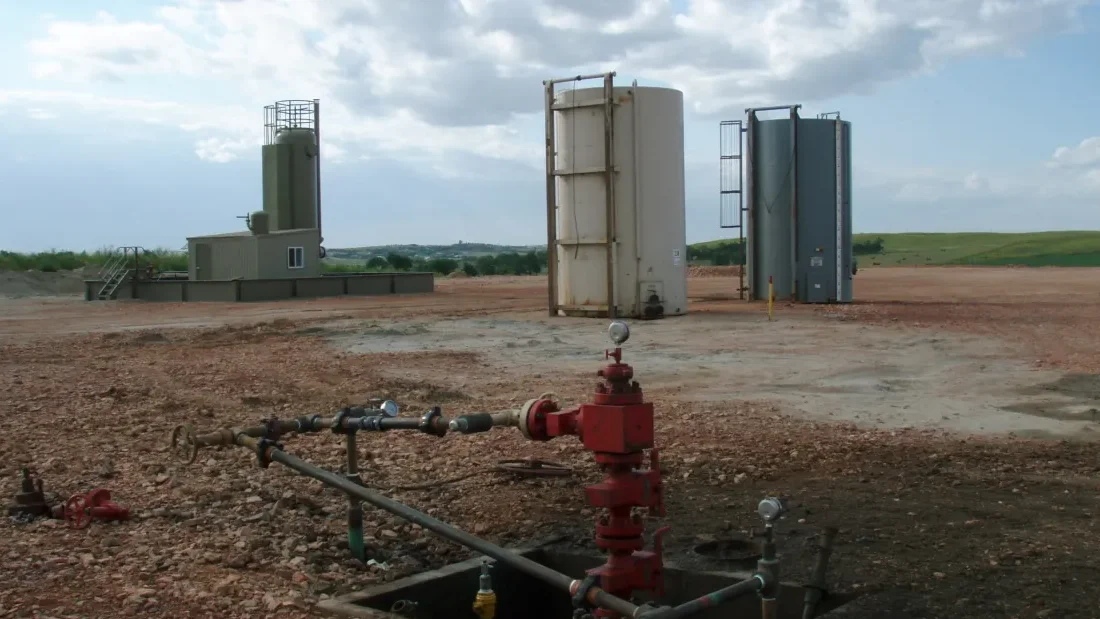
OIL & GAS: California Gov. Gavin Newsom proposes ending some longstanding tax breaks for oil and gas producers, saying it would save the state up to $22 million annually. (Politico)
ALSO:
SOLAR:
WIND: Washington state regulators are slated next week to consider a proposed 600-1,100 MW wind power facility in the southern part of the state. (Center Square)
STORAGE: A company breaks ground on a 312-battery energy storage system in Phoenix, Arizona. (Arizona Republic)
OVERSIGHT: A Utah lawmaker introduces legislation aimed at allowing the state not to comply with federal regulations it doesn’t like, giving the U.S. EPA’s ozone transport rule as an example. (Utah News Dispatch)
NUCLEAR: A Washington state lawmaker introduces legislation that would provide tax incentives for nuclear power equipment manufacturers. (Center Square)
UTILITIES: Colorado natural gas utilities plan to rely on energy efficiency, demand response and biofuels to achieve state-mandated greenhouse gas emissions reductions. (S&P Global)
HYDROPOWER: U.S. Rep. Dan Newhouse, a Washington state Republican, looks to use a federal infrastructure bill to block a proposal to breach four Northwest hydropower dams. (Idaho Statesman)
ELECTRIC VEHICLES:
TRANSITION: An activated carbon air and water purification manufacturer establishes a facility in northwest New Mexico as part of an effort to diversify the region’s fossil fuel-reliant economy. (Daily Times)
ELECTRIFICATION: Palo Alto, California, stops enforcing a ban on natural gas hookups in new construction following a court order axing Berkeley’s similar rule. (Daily Post)
COAL: Montana utility observers ask why the Colstrip coal plant remained offline during a recent cold snap even as utilities had to import power to keep the lights on. (Missoula Current)
GRID: Another severe winter storm pounds utility equipment in the Northwest, leaving more than 40,000 customers without power in Portland, Oregon. (KGW)

GAS: In Maine, a proposal to curtail future gas line expansions has drawn criticism from Republican lawmakers, gas utilities and trade groups over consumer affordability and investment concerns. (Portland Press Herald)
ALSO: New York lawmakers want to end a law that requires utilities to connect new homes, businesses and industrial facilities to gas lines if they’re within 100 feet of an existing line. (Newsday)
BUILDINGS: In New York City, the final rules for building emission reduction policies at the state and local level continue to allow for wood-burning fireplaces and stoves, despite their emissions intensity. (Gothamist)
GRID: Grid tech startup NineDot Energy has raised $225 million in equity capital to develop community-scale battery storage projects in small, difficult to develop spaces in New York City. (Canary Media)
CLEAN ENERGY: A year after his swearing-in, Pennsylvania’s governor has yet to announce how the state will achieve his campaign goal of having 30% of all energy sales stem from renewable sources by 2030. (Capital & Main)
REGULATION:
NUCLEAR: The developers of a proposed data center want to build on the same site as the Millstone nuclear power plant in Connecticut and use electricity from it, but some critics have environmental, safety and flooding concerns. (CT Mirror)
ELECTRIC VEHICLES: A University of Delaware research team is working on new standards to help vehicle manufacturers adopt Tesla’s charging standard and make it easier to integrate vehicle-to-grid technologies. (Delaware News Journal)
SOLAR:
CLIMATE:
OFFSHORE WIND:
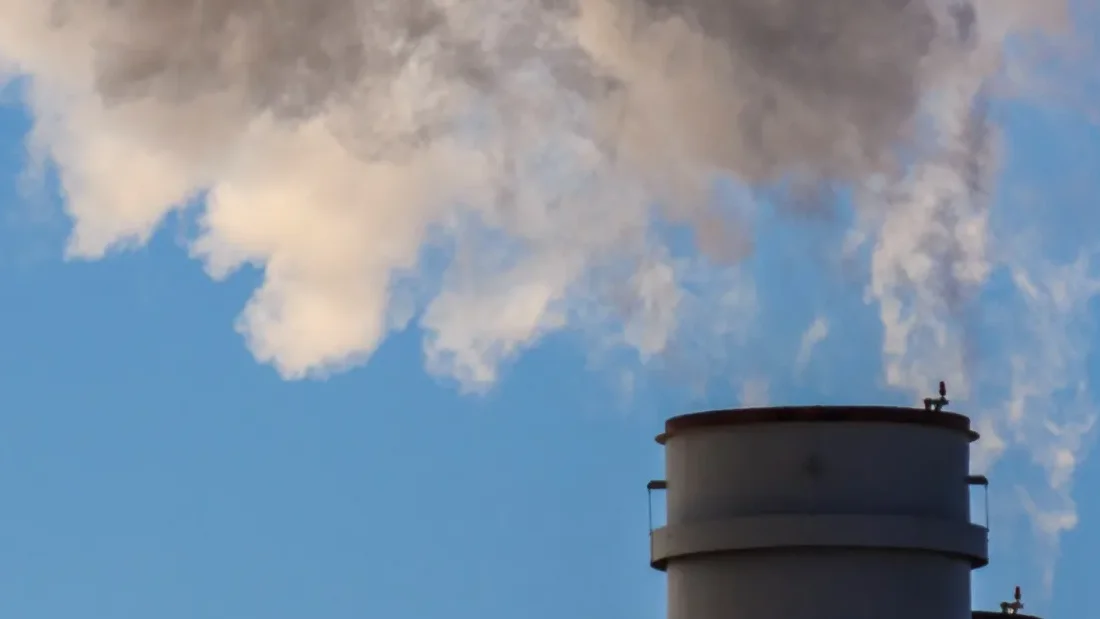
GRID: Texas’ power grid broke records for winter demand but withstood last week’s polar vortex, while a largely partisan debate continues over whether added renewables or natural gas facilities deserve more credit for avoiding outages. (Utility Dive, Inside Climate News)
ALSO:
POLITICS:
PIPELINES:
LITHIUM: ExxonMobil and other oil majors are beginning to return to Arkansas and other rural areas with fossil fuel histories in pursuit of lithium to supply the clean energy transition. (Grist)
SOLAR:
ELECTRIC VEHICLES: Electric vehicle owners in Virginia line up to charge their cars out of worry a cold snap could sap their batteries. (WRIC)
UTILITIES: Kentucky isn’t among the states that restrict electric utility shutoffs during freezing weather, but customers do have avenues to obtain a hardship reconnection or set up payment plans. (Lexington Herald-Leader)
COMMENTARY:
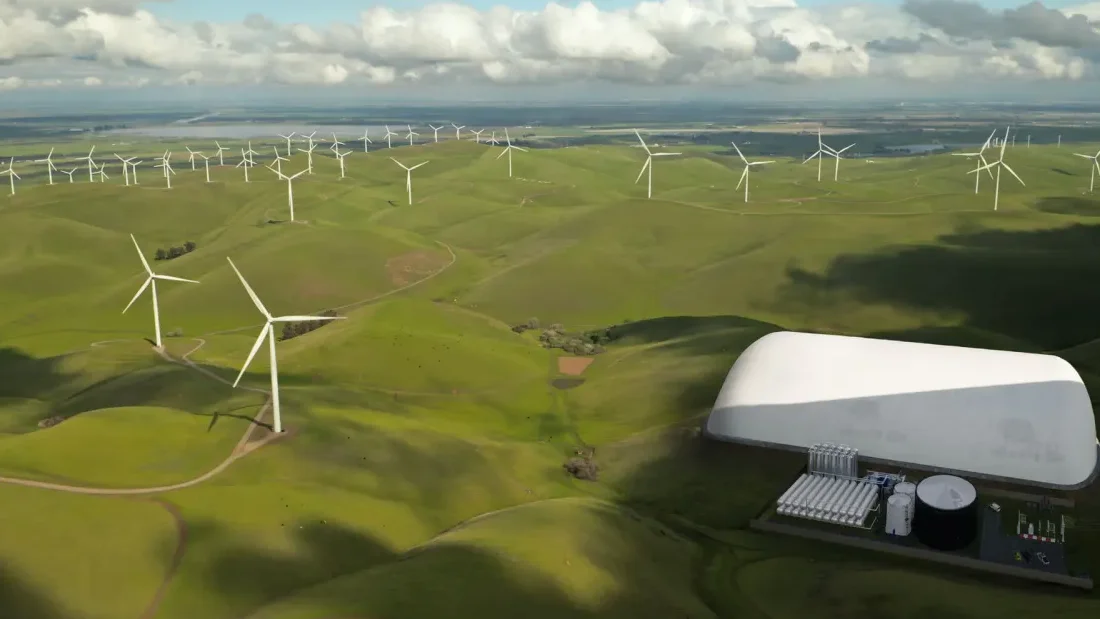
UTILITIES: Xcel Energy wants time-of-use rates to be the default billing system for its Minnesota residential customers, proposing to double prices for power during peak late afternoon and early evening hours. (Energy News Network)
WIND:
GRID:
PIPELINES:
RENEWABLES: A Michigan panel allows organizers to start collecting signatures for a ballot initiative seeking to overturn a state law giving state regulators authority over renewable energy permitting. (Bridge)
ELECTRIC VEHICLES:
NUCLEAR: The South Dakota House passes a bill to clarify that the governor can enter into federal agreements on nuclear power development in preparation for a new potential plant. (SDBA)
CLEAN ENERGY: A Michigan lawmaker says the timing of the federal Inflation Reduction Act was a significant reason why the state passed sweeping clean energy reforms last year. (Volts)
STORAGE: